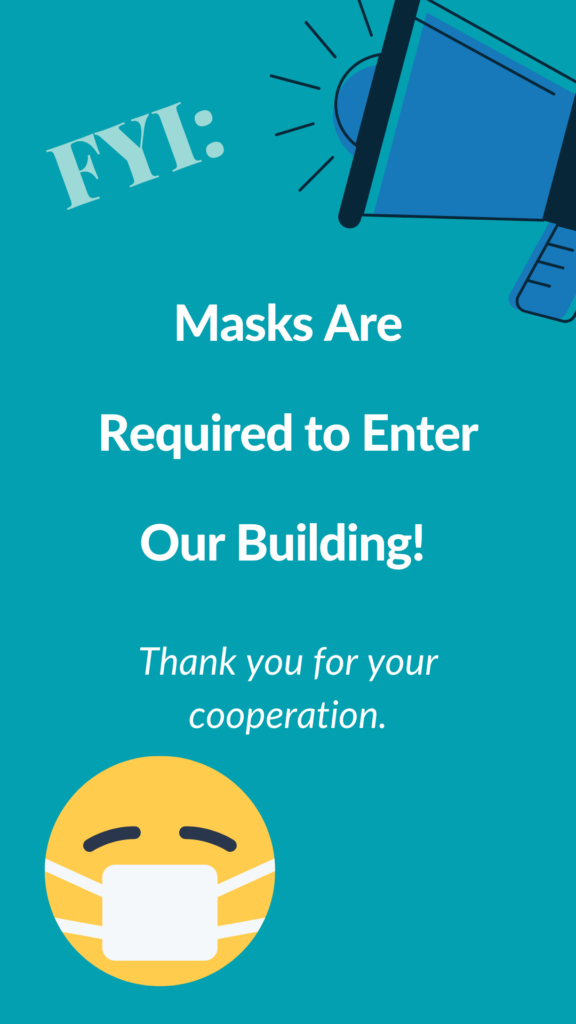There has been a lot of anxiety surrounding the coronavirus. More specifically, anxiety about the unknown.
What is the virus? How does it spread? What are the symptoms? When should I call the doctor? What do testing and treatment options look like? What should I be doing?
There is a lot of information (and misinformation) inundating us, updating us every few minutes, which has contributed to the significant increase in the anxiety and stress felt across the nation, particularly on social media. At Sage Neuroscience Center, we are focused on constantly providing our patients with a supportive and healthy environment, which includes keeping them well informed.
Staying informed using trusted and reliable sources is an effective way of educating ourselves about this unprecedented situation.
Our founder and CEO, Dr. Reuben Sutter, has outlined the facts about this virus. Read on to understand more about this virus.
Below the FAQ’s are some fantastic resources. Scroll down to explore them!
What Is COVID-19?
COVID-19 is caused by a specific virus called SARS-CoV-2 that first appeared in late 2019 in Wuhan, China. Symptoms of the disease include fever, cough, and trouble breathing.
How Does COVID-19 Spread?
COVID-19 has spread person to person, similar to the flu. This is spread through coughing and sneezing. It is also believed to spread by touching infected surfaces and then touching the mouth, nose, or eyes.
What Are the Symptoms of COVID-19?
Symptoms usually begin 3-5 days after infection and sometimes up to two weeks. Symptoms include fever, cough, feeling tired, trouble breathing, and muscle aches. Most infected people only have mild symptoms. The development of pneumonia symptoms are more likely for people with advanced age and/or other health problems. Pneumonia and the lack of oxygen can lead to death in some people.
When Should I Call the Doctor?
Having any of the above symptoms may be reason to call and inquire on what to do. You may have been exposed if in the last two weeks you have been in close contact with an infected person; you have traveled to an infected area; or you have attended a large gathering where there were known cases. If symptoms are mild, you should call your doctor for instructions on what to do next. If you have symptoms and go to a doctor’s office, you should wear a face mask and inform the staff of your symptoms.
COVID-19 Testing and Treatment
If you are suspected of having COVID-19, your doctor may take fluid samples from inside the nose and mouth. You may also have a CT scan or chest X-ray of the lungs. Treatment for most people will involve rest and staying home. If your doctor feels you need to be in the hospital, they will discuss with you what that will involve.
How Can COVID-19 Be Prevented?
Wash your hands after touching others or public surfaces. Do not touch the mouth, nose or eyes prior to washing your hands. Wash hands for at least 20 seconds with soap and water between fingers and up to the wrist. Dry hands with a paper towel, do not use an air dryer. If soap and water are not available, use hand sanitizer covering both hands and allowing it to dry.
How To Clean Surfaces To Prevent COVID-19
The EPA has a list of agents here: https://www.epa.gov/coronavirus
While people do not need to panic, COVID-19 should be taken seriously. Italy and China have locked down entire cities due to this epidemic and this is only the beginning for us in the United States. While it is unlikely for young people to catch the Coronavirus, let alone die from it, it is very easy to spread the virus around. Just because you are not sick, doesn’t mean you’re not carrying the virus. This means that people who are over 50 or those who are immunocompromised are especially vulnerable to this virus and other diseases. Immunocompromised means that someone doesn’t have the ability to respond normally to infections due to an impaired/weakened immune system. For example, cancer patients, people with HIV, diabetics, transplant patients, or anyone taking a medication that weakens the immune system are high-risk individuals for Coronavirus.
Flight prices may be low, but please stay home as much as you can, wash your hands for at least 20 seconds, and avoid touching your face. If you feel ill, stay home! Prevention is key.
Many people are stocking up on toilet paper (what’s up with that?), but what everyone should have on hand is medical supplies for flu-like symptoms like Advil, cough medicine, etc.
Here is a list of songs that have a chorus of 20 seconds. Enjoy jamming out while also preventing disease! Woohoo!
The Mindful Center is offering a free Mindfulness for Anxiety Relief Workshop. You can sign up and get more information here.

